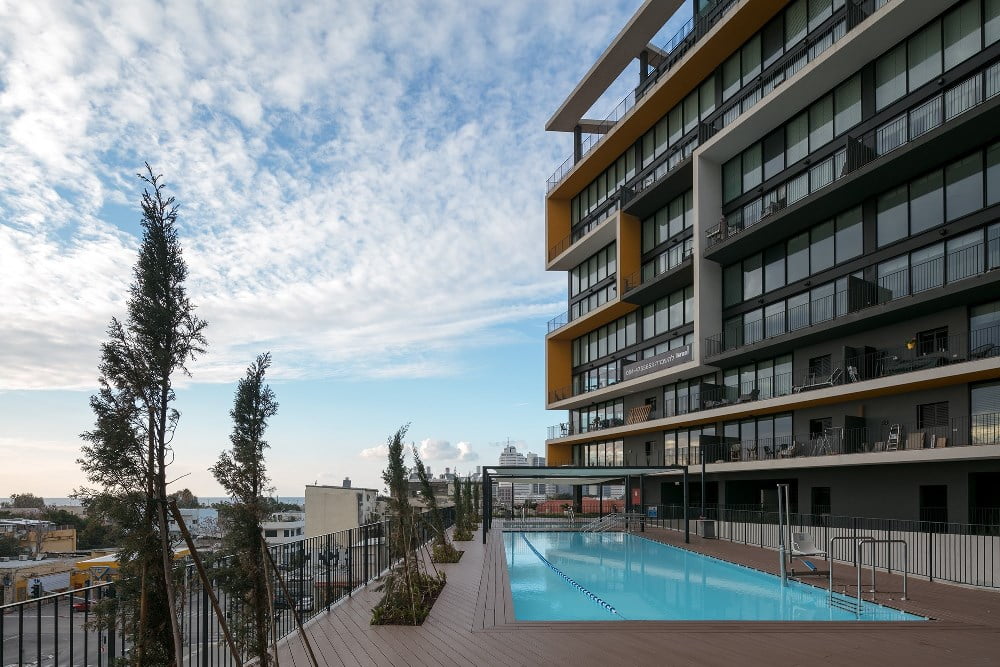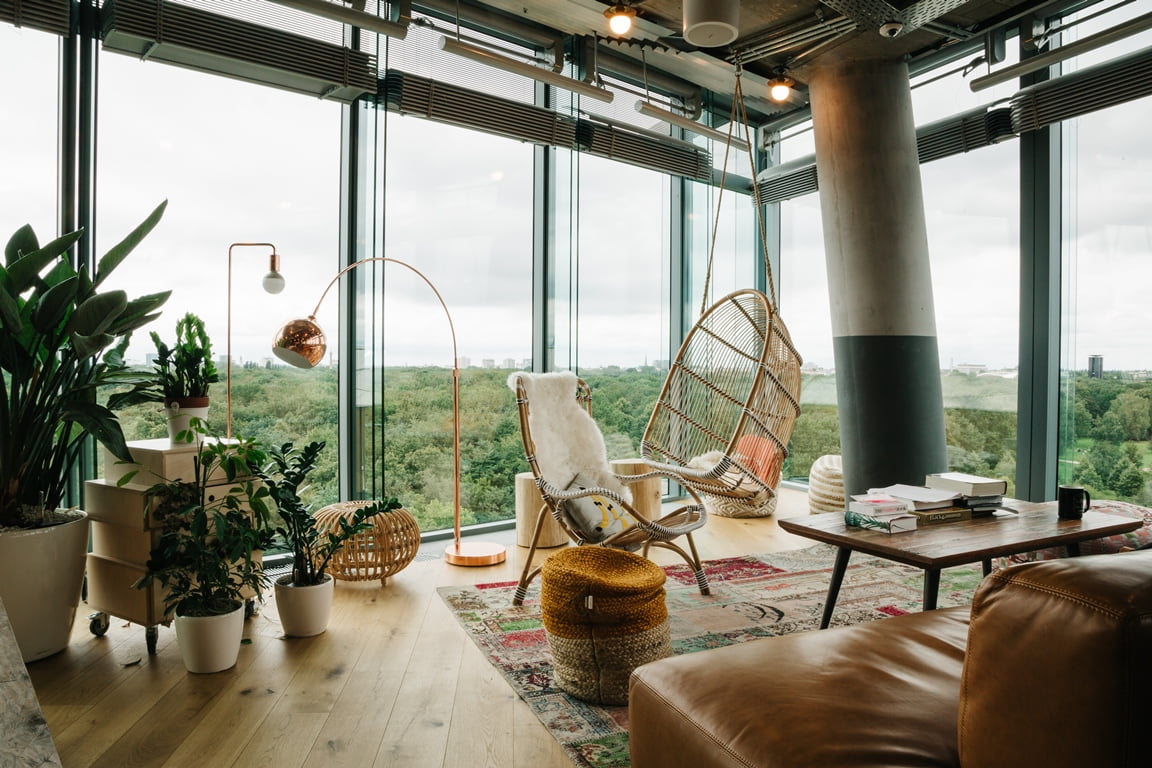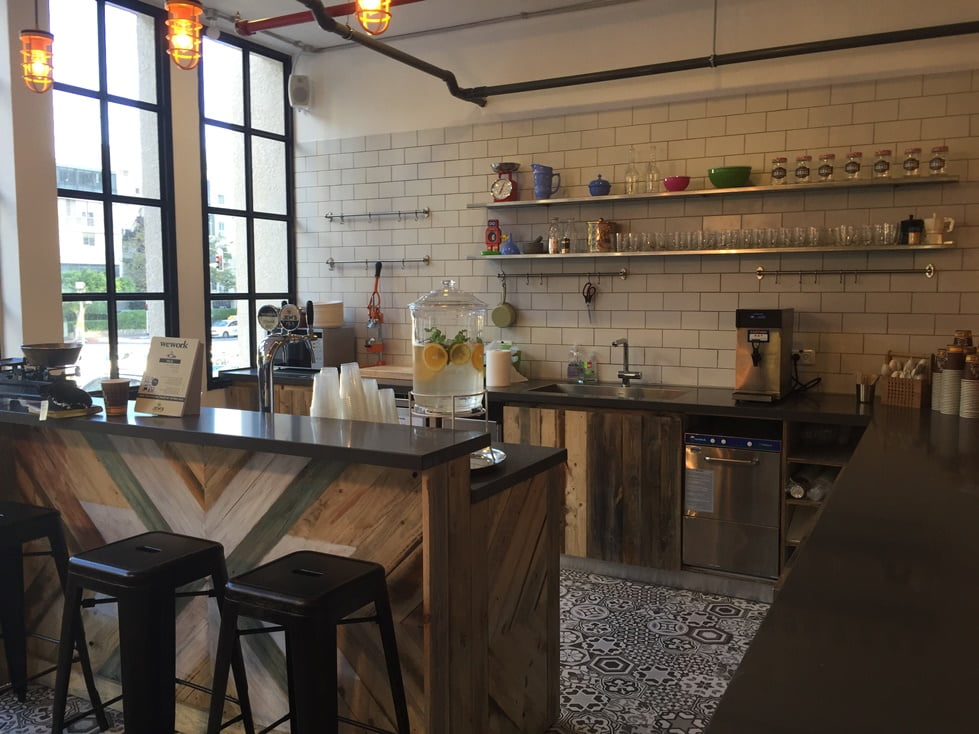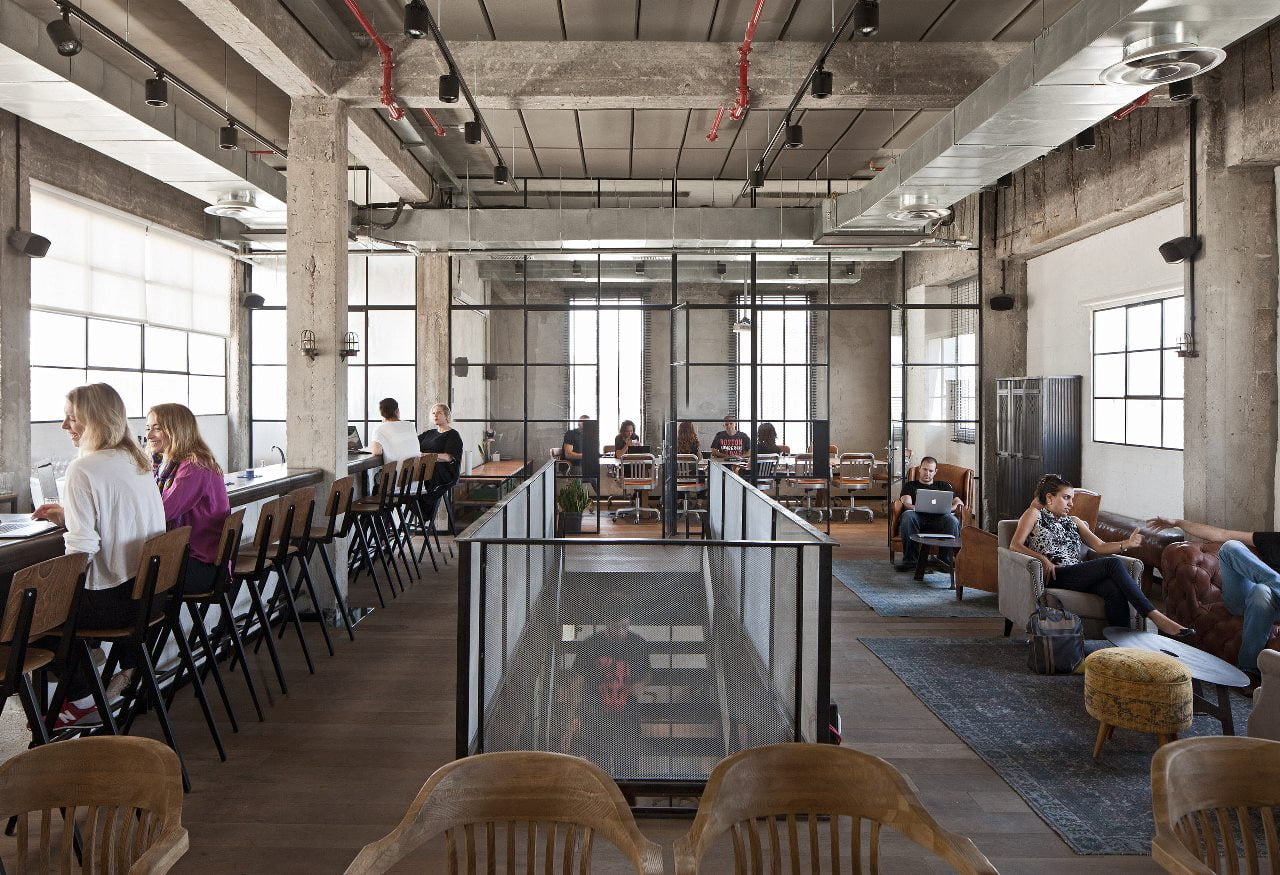The Israeli phenomenon of the Kibbutz – a collective community traditionally based on agriculture – taught Israelis how to share everything from food and clothes to sleeping quarters. In recent years, the Startup Nation has grown to become a major player in the sharing economy, which is based on sharing information and resources with one another for the benefit of everyone.
With the sharing economy expected to be worth $20 billion a year by 2020, according to a recent report by research firm Juniper Research – it’s no wonder that many Israeli startups want to get in on the action.
Ride-sharing services offered by Israeli firms Gett, Via, Juno and Get Around have gained tremendous popularity in recent years thanks to their ease of use and relatively low fees; Israeli companies like Waze and Moovit are based on crowd-sourcing for better navigation and transportation; Israeli firm OurCrowd invests in startups primarily through crowd-funding; Israeli startup EatWith connects tourists to families that provide authentic dining; to name a few.
One of the hottest sub-sectors of the sharing economy is the shared office niche. According to Israeli price comparison platform Spacing, there are some 100 official shared office space locations in Israel, with a couple hundred unofficial ones. Globally, this market is expected to grow to roughly 26,000 locations in the next three years.
“The market for shared office space in Israel grew 50 percent in 2016, and is expected to double itself in the next couple of years,” Spacing co-founder Eitan Singer said in a statement.
Most of the shared-office companies charge their members a monthly fee to either rent a desk at an open space or to rent a small office, while the co-working firm provides everything your office needs – from coffee to printers. The added value for startups working out of these spaces is the opportunity to share ideas and easily collaborate.
The most successful in this arena is undoubtedly the $17 billion giant WeWork, which was co-founded by Israeli wunderkind (and former kibbutz member) Adam Neumann. But now, it’s up against relentless competition. NoCamels maps out the major players.
WeWork: From humble beginnings to a $17 billion empire
Several Israeli companies offering shared office space have popped up in recent years, but only one is already worth $17 billion – WeWork, which recently received a $300 million investment from Japan’s SoftBank, with reports that future investments could top $3 billion.
Founded seven years ago by Neumann and Miguel McKelvey, pioneer WeWork now serves 100,000 members in 162 office locations in 41 cities around the globe (including six offices in three Israeli cities).
“By designing with the community in mind from the outset, not only do we utilize space more effectively, we also cultivate a distinct culture of collaboration,” Neumann wrote in recent blog post. “WeWork creates environments where people from all different backgrounds, industries and demographics come together to create their life’s work. And it is this concept, this approach to work, that is as powerful now as it was when we first started.”
SEE ALSO: A New Kibbutz? WeWork’s Urban Community WeLive Could Revolutionize City Living
Armed with its success in the office sector, WeWork recently entered the residential market with subsidiary WeLive, featuring two dorm-like locations in the US.
Mindspace: Expanding from Israel to Germany in a couple of years
Much like WeWork, Israeli company Mindspace provides inspiring workspaces for teams of entrepreneurs, startups and designers. The company’s slick Tel Aviv building, located at the site where Israel’s stock exchange once was, provides meeting rooms, communal kitchens, and additional office services. Mindspace also operates a branch on the vibrant Rothschild Boulevard in Tel Aviv.
Sign up for our free weekly newsletter
SubscribeSEE ALSO: Tel Aviv Revolutionizes City Transportation With New $26M Car-Sharing Service
Earlier this year, Mindspace raised $15 million from Israeli angel investors. Founded in 2014 by Dan Zakai and Yotam Alroy, Mindspace recently opened locations in Berlin, Munich and Hamburg, Germany.
SOSA: Immerse yourself in the startup scene
South Tel Aviv’s SOSA is not your typical shared office space. A hybrid between an open space and a collaborative workshop, SOSA creates interactions among the academy, startups, investors and corporations.
“We are firm believers in the notion that great businesses are triggered by special sparks, which are, in turn, generated by unique personal interactions,” according to the company.
With two locations – in Israel and in New York City – SOSA encompasses a community of 2,500 startups, major multinational companies and leading venture capital firms. Its members enjoy exclusive industry events, visits from international delegations, and business development support.
Merkspace: A young, vibrant community
With three locations in Tel Aviv and one in Amsterdam, Israeli startup Merkspace is steadily growing. Founded in 2015 by young entrepreneur Sapir Shpigel, a graduate of IDC Herzliya, this co-working firm is now one of the major players on the scene.
Offering fast internet, refreshments, printers and equipped conference rooms, Merkspace prides itself on creating a community of “Merkers.” According to the company, it gives you “access to hundreds of potential customers, and a never-ending list of mixers and meetups with top industry professionals.”
Ayeka: The office-country club combo
Ayeka, which in biblical Hebrew means “Where are you?” is one of Israel’s newest work spaces, located in one of Tel Aviv’s hippest neighborhoods, Florentin. In addition to providing its members with the typical services, such as meeting rooms, Ayeka is almost like a country club, featuring a swimming pool, gym and a screening room.

According to Ayeka, “doing business requires you to be at the top of your game both mentally and physically.” Courtesy of Ayeka
According to the company, “doing business today requires you to be at the top of your game both mentally and physically. We see well-being as a way of life.”
Photos: Courtesy of the companies, Uzi Porat
Related posts

Editors’ & Readers’ Choice: 10 Favorite NoCamels Articles

Forward Facing: What Does The Future Hold For Israeli High-Tech?

Impact Innovation: Israeli Startups That Could Shape Our Future









Facebook comments